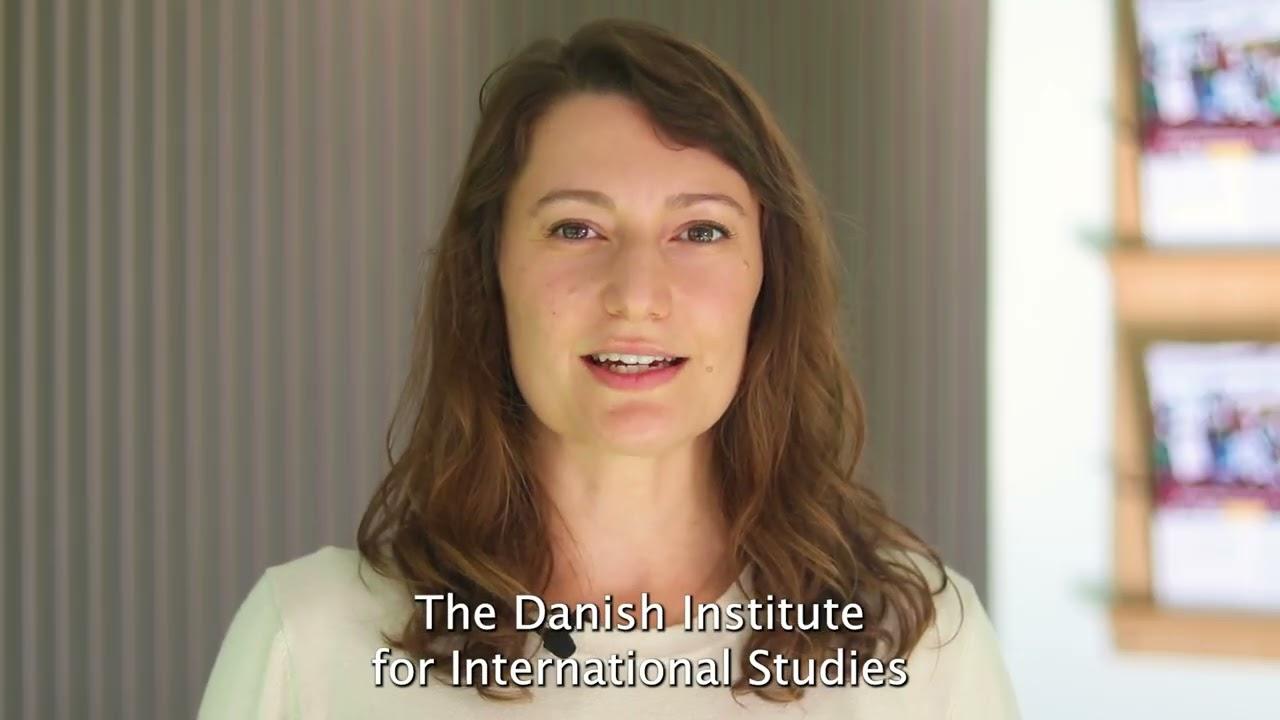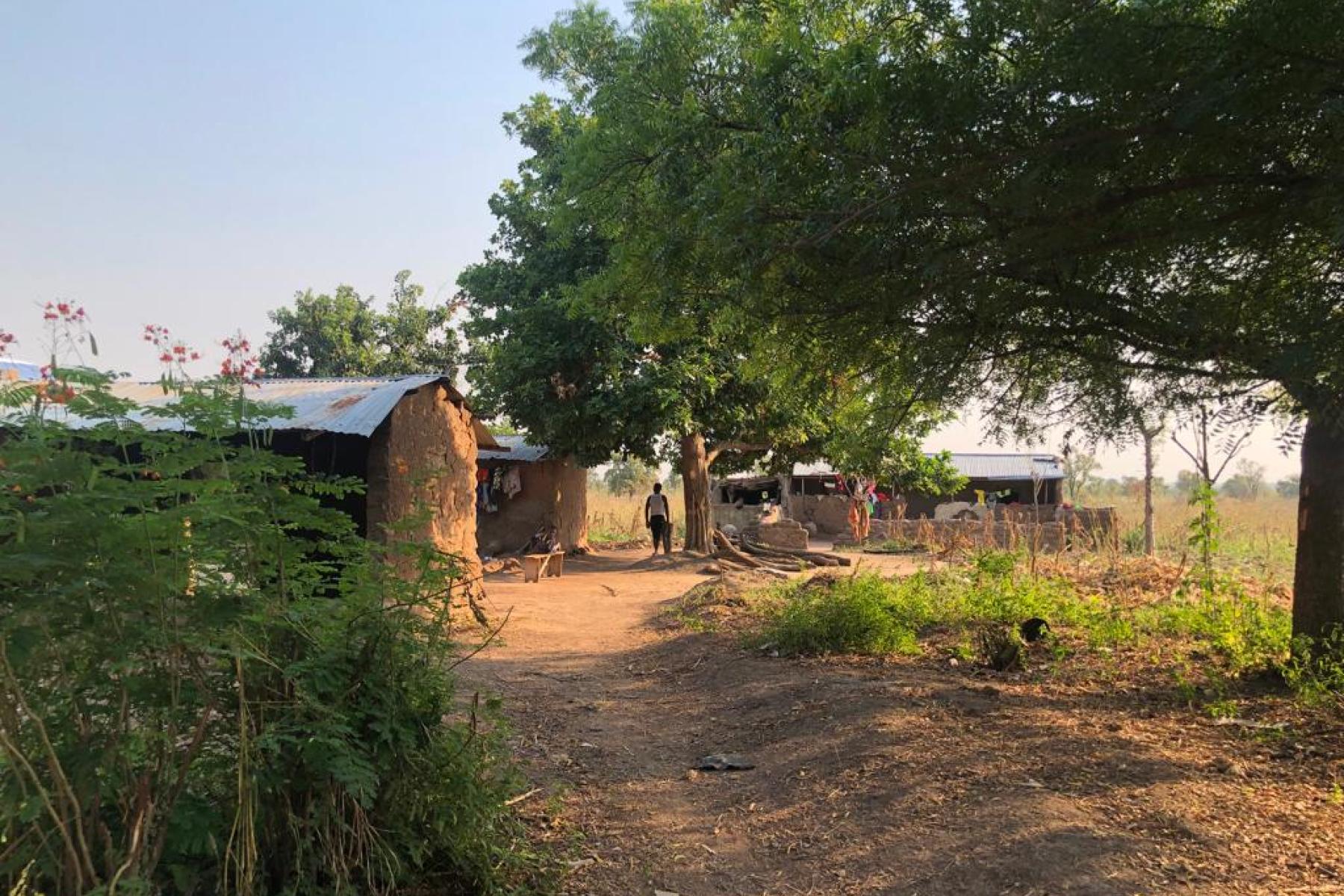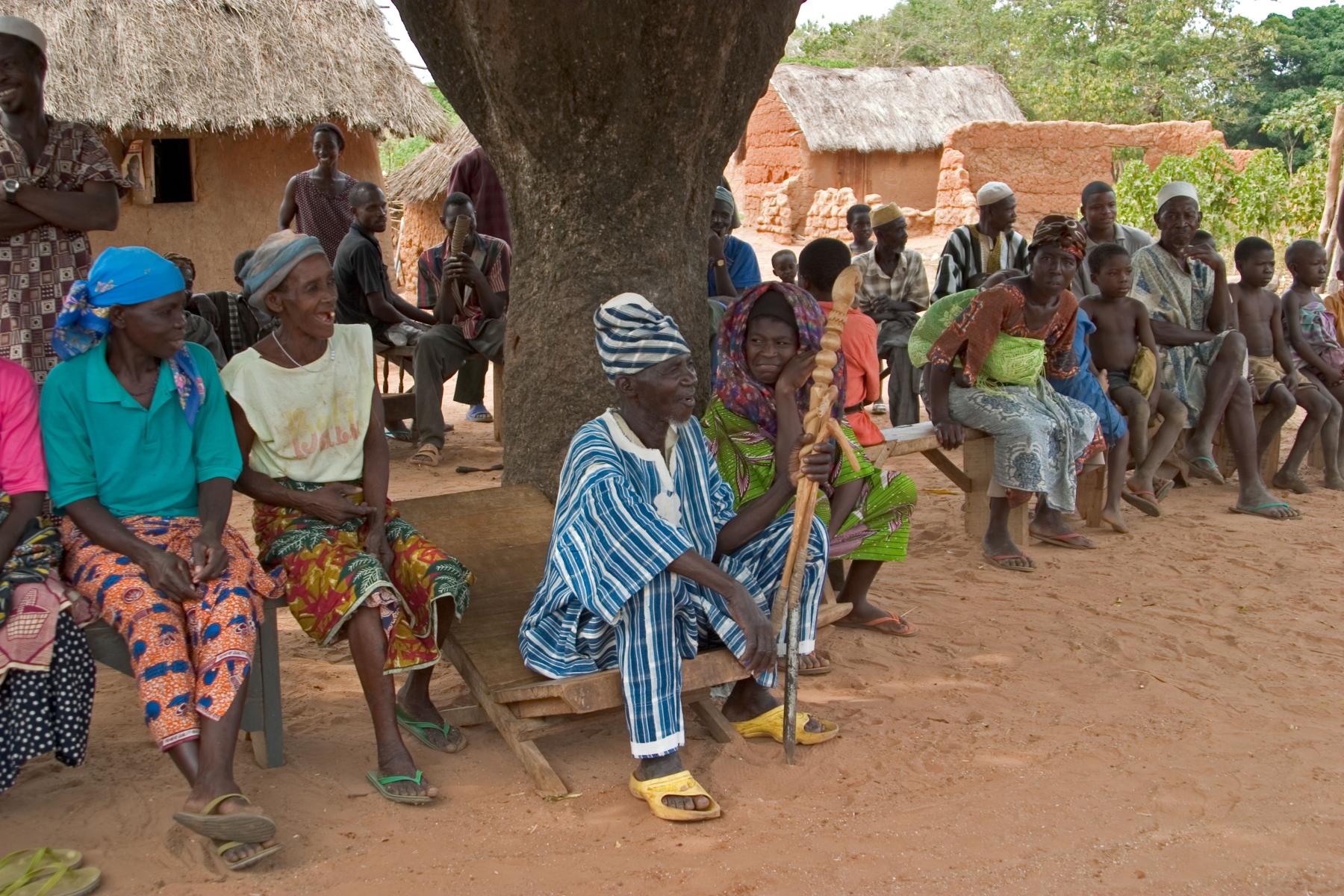Displacement, climate change and social cohesion: Exploring loss and damage dynamics
Climate displacement is increasing, yet potential non-economic losses, including social cohesion, are not well understood. This DIIS & Red Cross study provides an exploratory assessment in Ghana and Niger with insights for policy, research and practice.
Illustration © Dennis Diatel / Alamy Stock Photo
Women holding hands and carrying water in Uganda, Africa
Forskning og aktiviteter
Kontakt

Billede/illustration af Lynggaardhansenfoto.dk
Bæredygtig udvikling og regeringsførelse
Seniorforsker
91325502



